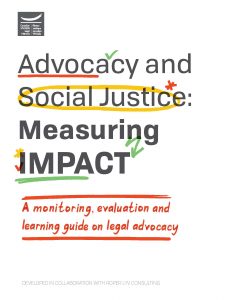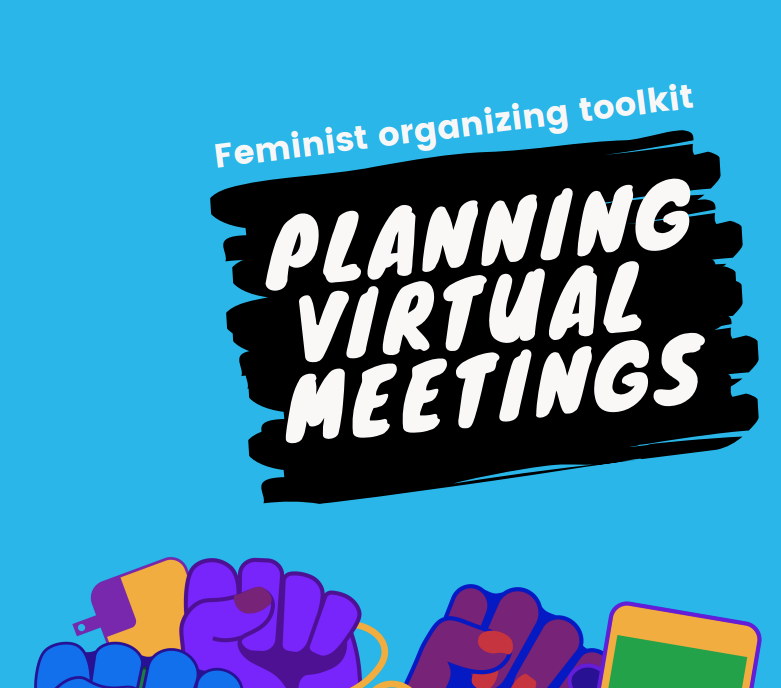Law Reform Advocacy in Action

Introduction
In this module, we explore the reform of the Divorce Act (through Bill C-78, An Act to amend the Divorce Act, the Family Orders and Agreements Enforcement Assistance Act and the Garnishment, Attachment and Pension Diversion Act and to make consequential amendments to another Act) as an example of feminist law reform advocacy in action.
The module features the discussion paper that was circulated during consultations with feminist and equality-seeking organizations across the country in 2018. It also unpacks how the discussion paper and consultations fueled the formation of the Bill C-78 coalition and informed the brief that was submitted by NAWL and Luke’s Place to the House of Commons Committee on Justice and Human Rights.
When Bill C-78 ultimately moved from the House of Commons to the Senate in 2019, it became apparent that this collective effort was impacting the legislative process—which was illustrated by the Senate Committee on Legal and Constitutional Affairs citing the NAWL and Luke’s Place Brief in their concluding observations.
Days later, women’s rights groups celebrated changes to the federal Divorce Act, after decades of collective advocacy efforts and engagement in the law reform process.
Watch
In 2018, thirty-one feminist and equality-seeking groups from across the country came together to endorse the NAWL and Luke’s Place brief on Bill C-78—An Act to amend the Divorce Act, the Family Orders and Agreements Enforcement Assistance Act and the Garnishment, Attachment and Pension Diversion Act and to make consequential amendments to another Act. Pamela Cross discusses the formation and success of the Bill C-78 coalition led by NAWL and Luke’s Place.
Listen
Appearances before the Justice and Human Rights Committee on Bill C-78
On November 19 and 21, 2018, numerous feminist and equality-seeking groups appeared before the Standing Committee on Justice and Human Rights on Bill C-78. Many of these appearances and briefs were inspired by a brief written by the National Association of Women and the Law and Luke’s Place.
Bill C-78 (An Act to amend the Divorce Act, the Family Orders and Agreements Enforcement Assistance Act and the Garnishment, Attachment and Pension Diversion Act and to make consequential amendments to another Act) received Royal Assent on June 21, 2019.
Watch
Women’s rights groups appearing before the Senate Committee on Legal and Constitutional Affairs in June 2019
Engage & Discuss
What are some feminist law reform matters that should be a priority for the federal government?
Make a plan to begin advocating for feminist law reform on a specific topic. Start by doing some research, then think about your next steps. Who should you contact? What strategies or methods would be most effective? How might you leverage different media? How will you include GBA+ ? Focus on the steps you or your organization are less familiar with.
What are some other examples of successful feminist law reform you can use as inspiration?
Additional Resources

Advocacy and Social Justice: Measuring Impact
A monitoring, evaluation and learning guide on legal advocacy

Feminist Organizing Toolkit: Planning Virtual Meetings
In late March 2020, as countries around the world began to implement social distancing measures to protect public health in the face of COVID-19, it became clear that feminists must be equipped with tools for unprecedented levels of virtual organizing. Though we may not be able to gather together around tables or in the streets in the same way for the next few months, the work of advocating for a just recovery and resisting repressive responses must continue virtually. As feminists, we must find ways to build power together online.